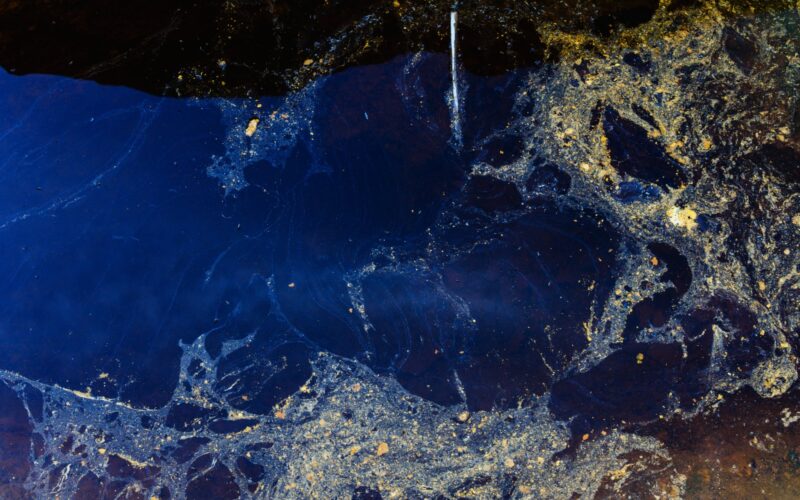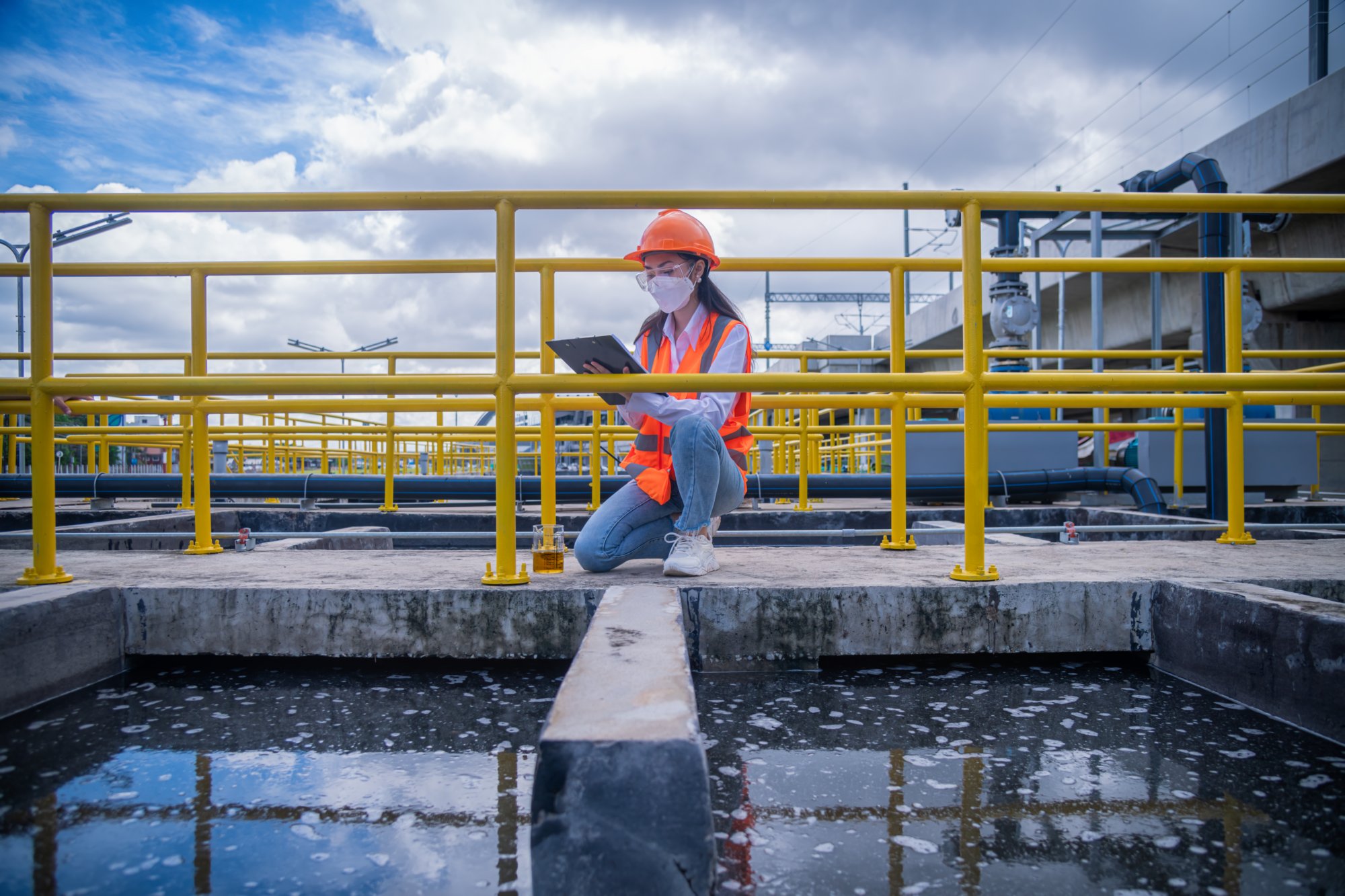

Oil, Fat and Grease Wastewater Treatment
Oil wastewater treatment is a critical process that aims to remove contaminants and pollutants from wastewater generated in oil-related industries, such as oil refineries, petrochemical plants, and oil exploration sites. The presence of oil in wastewater can have severe environmental consequences if not properly treated, as it can contaminate water bodies, harm aquatic life, and degrade ecosystems. Effective oil wastewater treatment involves a combination of physical, chemical, and biological processes to ensure the removal and proper disposal of oil and associated contaminants.
Effective Oil Wastewater Treatment Solutions
The first step in oil wastewater treatment is the separation of free oil from the wastewater. This is achieved through primary treatment processes such as gravity separation, flotation, or centrifugation. Gravity separation involves allowing the oil-water mixture to settle, allowing the oil to rise to the surface for removal. Flotation utilizes air bubbles to attach to the oil droplets, causing them to float to the surface, while centrifugation applies centrifugal force to separate the oil from the water.
Once the free oil has been separated, the wastewater undergoes secondary treatment to further remove dissolved or emulsified oil and other contaminants. One common method is using physical-chemical processes such as coagulation and flocculation. Coagulation involves the addition of chemicals, known as coagulants, which neutralize the charges on the oil droplets and allow them to aggregate. Flocculation follows, where gentle mixing encourages the formation of larger particles called flocs. These flocs can then be more easily removed through sedimentation or filtration.
Biological treatment is often employed as a subsequent step in oil wastewater treatment. This process utilizes microorganisms to break down and metabolize organic contaminants present in the wastewater. Various biological treatment methods, such as activated sludge, biofiltration, or constructed wetlands, can be employed depending on the specific characteristics of the wastewater and the desired treatment goals. Microorganisms, including bacteria and fungi, feed on the organic matter, effectively reducing the concentration of pollutants and improving water quality.

To enhance the efficiency of oil wastewater treatment, advanced technologies like membrane filtration or adsorption may be employed. Membrane filtration utilizes semi-permeable membranes to physically separate oil and contaminants from the water, allowing for high-quality effluent. Adsorption involves the use of materials such as activated carbon, which has a high affinity for organic compounds. These materials adsorb the oil molecules, effectively removing them from the wastewater.

Following the treatment processes, the wastewater is subjected to final polishing steps to ensure compliance with regulatory standards. This may involve disinfection to eliminate any remaining microorganisms, pH adjustment to meet appropriate levels, or additional filtration to remove any remaining suspended solids.
Proper handling and disposal of the separated oil is also essential in oil wastewater treatment. Recovered oil can undergo further processing for reuse or be sent for appropriate recycling or disposal methods. It is crucial to adhere to environmental regulations and guidelines for the safe disposal or reuse of the recovered oil to prevent any adverse environmental impacts.
At Probiosphere, we understand the significance of effective oil wastewater treatment. With our expertise in biotechnology, engineering, and environmental sciences, we develop tailored solutions to address the unique challenges posed by oil-contaminated wastewater. Our comprehensive approach includes the integration of physical, chemical, and biological processes to ensure efficient removal of oil and associated pollutants. We prioritize sustainability, aiming to minimize the environmental impact of oil wastewater treatment while maximizing treatment efficiency and compliance with regulatory requirements.
Other related services

Wastewater Treatment Odor Control
Combat unpleasant odors and ensure effective wastewater treatment with our advanced odor control solutions, providing a cleaner and more pleasant environment for both industrial and municipal settings.
Combat unpleasant odors and ensure effective wastewater treatment with our advanced odor control solutions, providing a cleaner and more…
Let’s work together
At Probiosphere, we believe in the power of collaboration to drive meaningful change. Join us in our mission to create a sustainable future by working together. Whether you are a municipality, a business, or an organization facing environmental challenges, we offer tailored biotechnology remediation solutions to address your specific needs. Together, we can design and implement innovative solutions that not only mitigate environmental impacts but also contribute to lower carbon footprints and promote eco-friendly practices